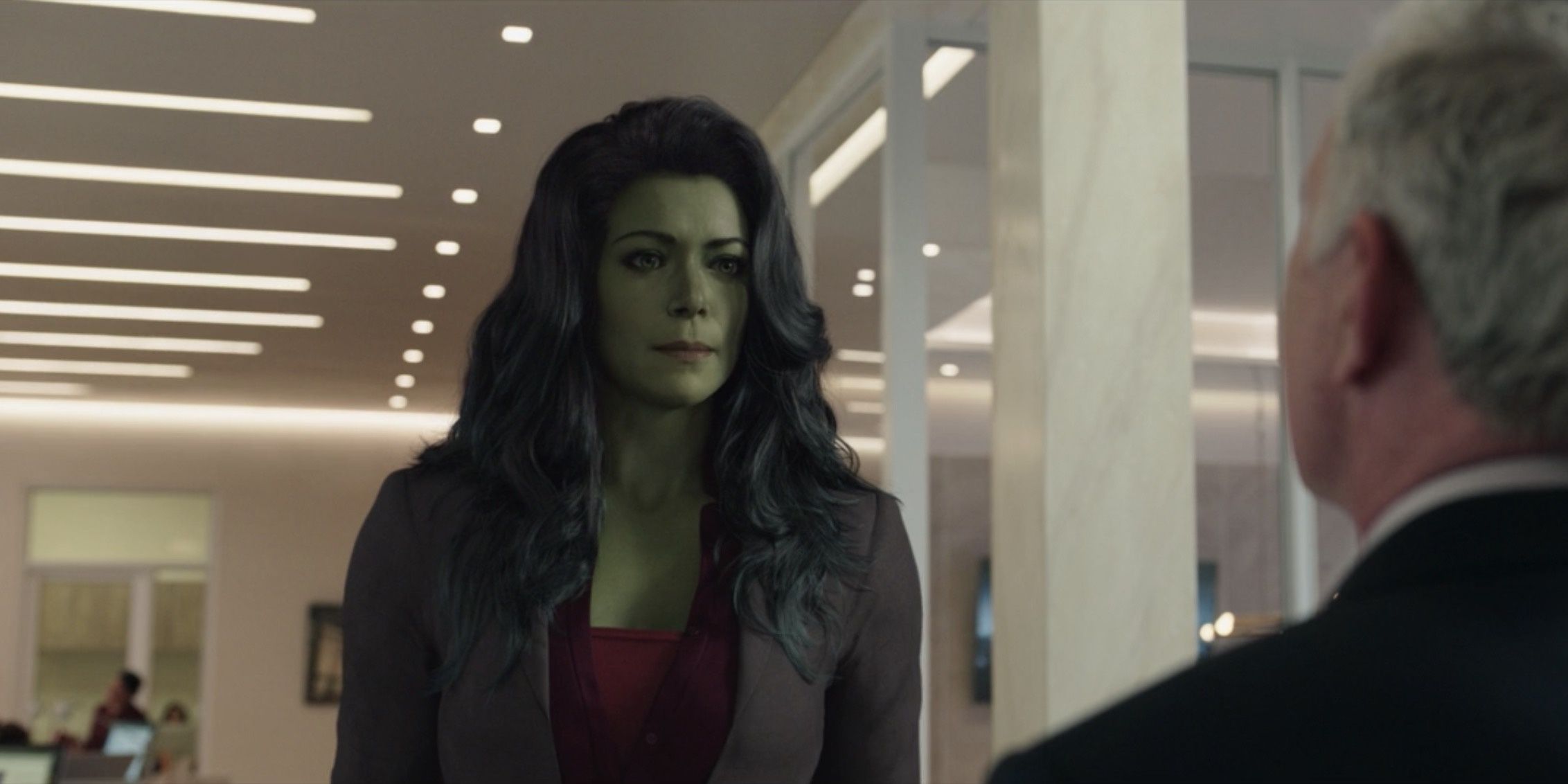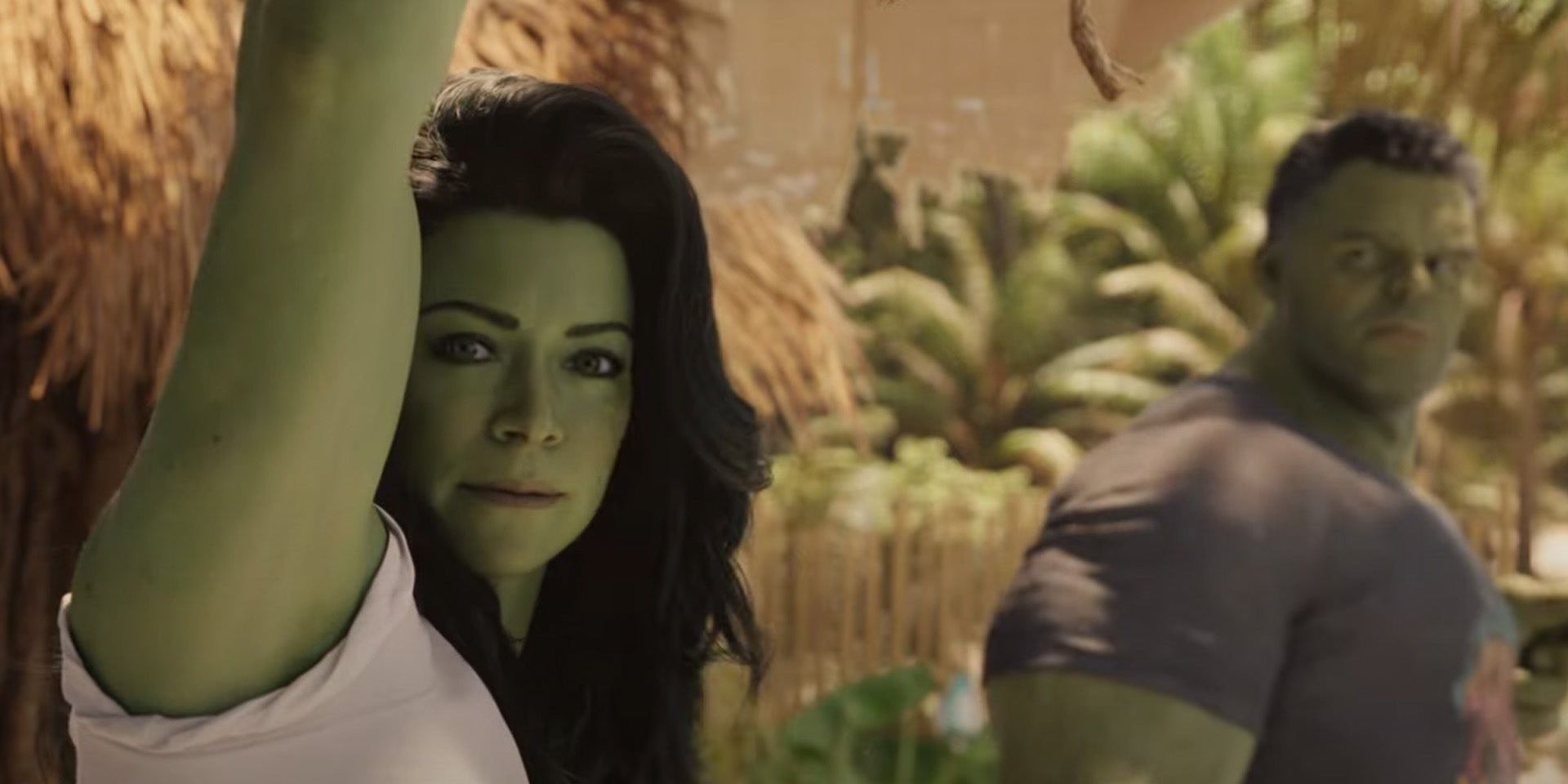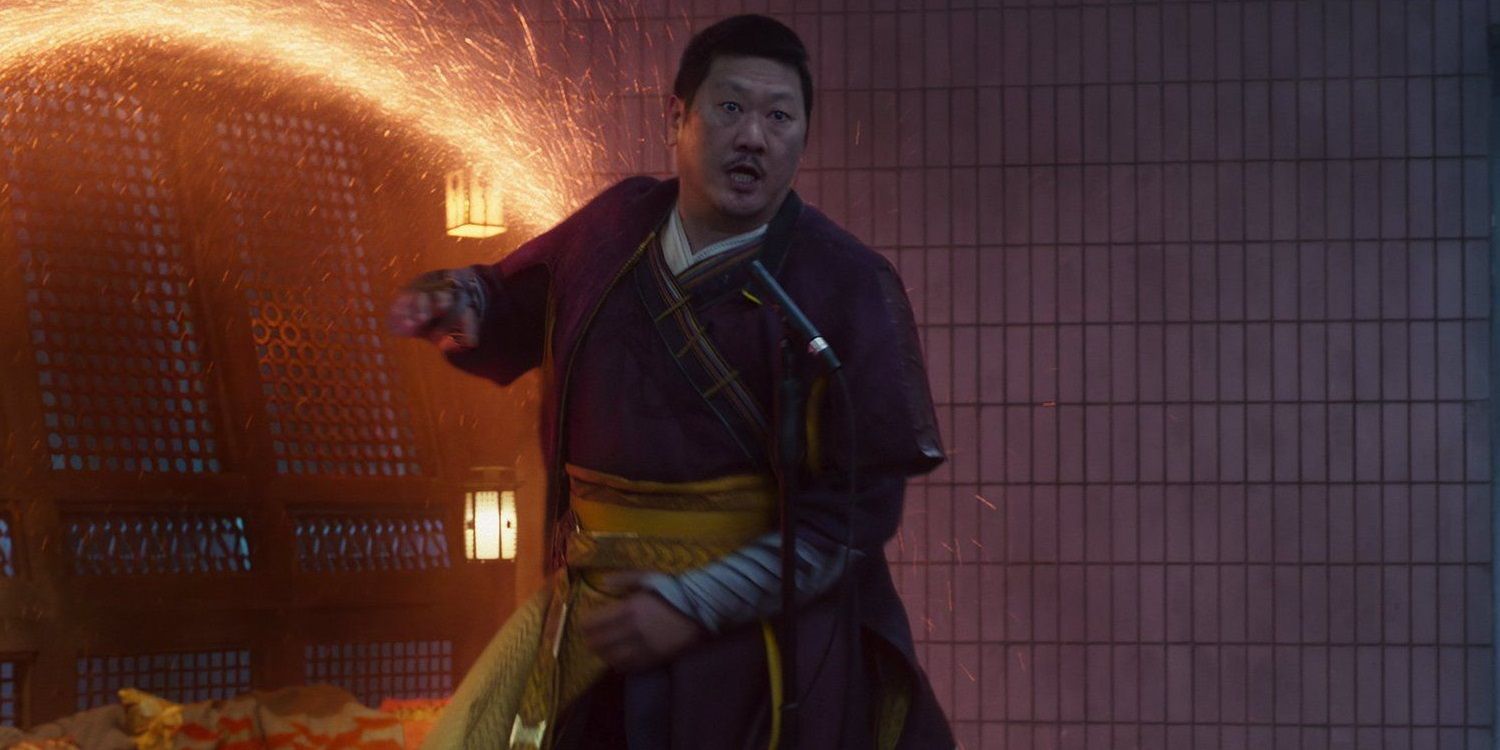The Marvel Cinematic Universe has included television content since the earliest days, but the modern entries seem to follow certain rules that leave many of them feeling similar. Though the concept has gone in phases, the Disney Plus era of MCU shows has been the most prolific and the most controversial.
She-Hulk: Attorney at Law has been a hotly debated Marvel outing. Some viewers can't get past the unpleasant look of the CGI while others can't stand the show's sense of humor. The show's fans, however, love the unique legal sitcom format and the unique superhero storytelling. It's a polarizing show, but it deviates from Disney Plus's format in several ways.
She-Hulk is the first full straight-up comedy to make it to the streaming service. Every piece of Marvel content exists in the superhero genre, but they also blend in other genres to make the experience work. Most of the series are best described as action comedies. The main draw is the exciting battles or hardcore fight scenes and the writing tends to take a snarky tone. In three episodes, She-Hulk has featured one thing that could be described as an action scene, and it was basically edited out. This is obviously more a side effect of Disney obsessively cutting almost every instance of VFX to save every possible penny at the cost of their content, but it also changes the tone. The typical Disney Plus series feels closer in runtime to prestige TV, while She-Hulk's format follows something closer to multi-camera sitcoms.
The only other live-action Disney Plus Marvel series to use a 30-minute format was the show that started it all, WandaVision. Interestingly, both shows use that runtime for the same reason. WandaVision is explicitly a pastiche of sitcoms over the decades, while She-Hulk is a contemporary sitcom. The shows have little in common, but, through this simple decision, enter into conversation with each other. The tale of Wanda Maximoff is one of the strangest and most transgressive shows of the MCU experiment. The length actually changes as the artifice of the sitcom format fades away. The final episode becomes a full-length regular Marvel show with a 50-minute runtime. She-Hulk doesn't use the format to comment on the sitcoms of the past or to cloak its esoteric horror in the language of something familiar and charming. It does it because it's the format that works best for comedy.
Most comedy films are substantially shorter than films of other genres. It can be very hard to keep a funny story going for a long time. Ask any given person for the funniest thing they've seen on TV, they'll likely talk about a 3-5 minute sketch. The funniest thing in a film is often a well-crafted vignette that may or may not connect to the rest of the film's narrative. Brevity is the soul of wit, and it's often harder to keep a laugh going than a sense of tension, an atmosphere of terror, or even a pulse-pounding action blockbuster. Sitcoms tend to be around half an hour long because keeping the standard A-story, B-story, and runner format for a full hour is like trying to stretch a knock-knock joke into a TED Talk.
She-Hulk has a 9-episode first season. If the show continues its current runtime, It'll end up around four and a half hours long. WandaVision ended up around 5 hours and 50 minutes, Moon Knight sits fifteen minutes short of 5 hours. Loki, Falcon and the Winter Soldier, and Hawkeye all land somewhere between four and five hours, usually leaning on the longer side. She-Hulk doesn't seem like it'll be much shorter than other MCU shows, but it's dividing its time differently. Fans are divided on the length of MCU shows. Some feel that they are too short, while others think they'd be better served by the two-hour runtime of a feature film. If She-Hulk is going to end up being the same overall runtime, it's interesting that the weekly experience will be different for those tuning in.
The shorter runtime of each episode of She-Hulk serves the format of the show well. It allows the individual jokes to land, breathe, and move on. Legal procedurals often work by covering a new case every week, introducing a suite of new plaintiffs, witnesses, and dependents with every episode. She-Hulk spent its first episode establishing its basic backstory, its second episode introduces the first big superhero law case, and the third episode resolves that story. It feels like the first act of a film, suggesting the possibility that the next trio of episodes could establish stakes and the final three will be the payoff. She-Hulk works better as a 30-minute show, and it's good to see Disney playing with its formats, at least a little bit, to better serve the narrative.



